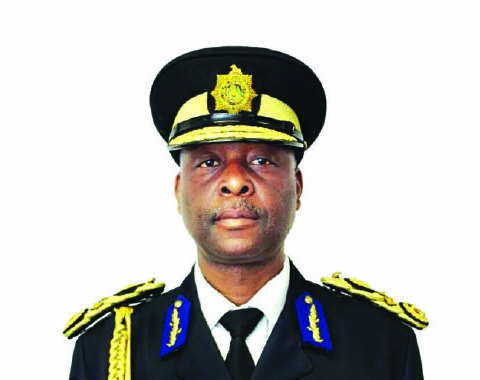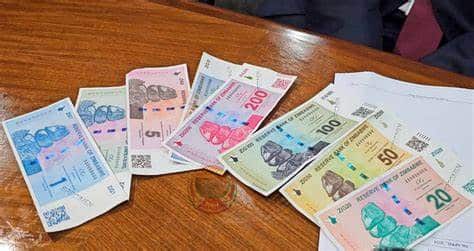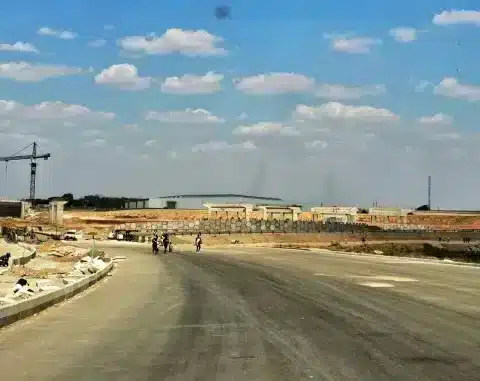HARARE – President Robert Mugabe is set to meet with South African leader Jacob Zuma on Tuesday amid an escalating socio-economic and political crisis north of the Limpopo.
Zuma’s spokesperson, Bongani Ngqulunga, confirmed the South African president will be hosting Mugabe.
“President Jacob Zuma will on Tuesday, 3 October 2017, host the president of the Republic of Zimbabwe, His Excellency President Robert Mugabe, during his official visit to South Africa to attend the 2nd Session of the South Africa-Zimbabwe Bi-National Commission (BNC) scheduled to take place in Pretoria,” Ngqulunga said in a statement.
Zimbabwe and South Africa share bilateral relations that saw the two countries signing the BNC in April 2015, which was eventually inaugurated in October 2016 in Harare.
According to the agreement, the two heads of State have to meet annually and on a rotational basis.
“President Zuma and President Mugabe are also expected to deliberate and exchange views on regional and global issues of mutual concern, particularly peace, security, stability and development in the Southern African Development Community region and some parts of the continent.
“South Africa and Zimbabwe have good bilateral political, economic and social relations underpinned by strong historical ties dating back many years. The two countries do not only share strong historical relations but also economic cooperation. Zimbabwe is one of South Africa’s top five trading partners on the continent, with trade statistics showing annual growth. In 2016, South Africa’s exports to Zimbabwe amounted to approximately R29,3 billion,” Ngqulunga said.
Ngqulunga further said that the BNC session will afford the two heads of State an opportunity to review the state of the bilateral relations between the two respective countries.
“There are over 120 South African companies doing business in Zimbabwe in various sectors including mining, aviation, tourism, banking sector, the property sector, the retail sector, construction sector, and the fast food sector and many more.
“To date, the two countries have signed more than 40 Memorandum of Understanding (MoU) and agreements. The agreements and MoUs cover a broad range of areas, which include among others, trade and investment, immigration, defence, transport, agriculture, environment, energy, health, labour, water management, taxation, as well as arts and culture,” Ngqulunga said.
Mugabe and Zuma are meeting at a time when Zimbabwe’s economy is on its knees owing to serious cash shortages and plummeting value of bond notes, the country’s surrogate currency injected into circulation last year in November.
The meeting between leaders of the neighbouring countries has given rise to speculation that Harare could be pushing for the adoption of the South African rand as a way of dealing with the country’s cash crisis.
Information minister, Chris Mushohwe, did not want to be drawn into divulging the agenda of the meeting, saying he would not want to speculate.
“Why should we speculate on what is going to be discussed? We should wait until after they meet and then I will give you the details of that meeting,” he said.
Speaking to civil society organisations on Friday, Reserve Bank of Zimbabwe governor John Mangudya appeared to suggest that government was in favour of the adoption of the rand, subject to South Africa’s consent.
He said the country should actually have adopted the rand in 2009 instead of introducing a multi-currency system dominated by the powerful United States dollar
“We witnessed the expansion of government in 2009 instead of tackling economic reforms. We should have found an economic solution, say, of R5 billion loans. They had leverage on use, but we were deceived by the US dollar that was weak then due to the world economic recession,’’ Mangudya said.
South Africa has been instrumental in bringing about the government of national unity in Zimbabwe, with former South African president Thabo Mbeki playing a crucial role in the mediation process.
And there are millions of Zimbabweans living and working in South Africa, after leaving the country at the height of the economic crisis.
Events in Zimbabwe have a direct bearing on South Africa and it is against this background that the two countries will likely discuss the issue of political stability in the country ahead of the 2018 elections.
In early August this year, Mbeki was in a private visit to Zimbabwe, with speculation high that his visit was to discuss with Mugabe, the Zanu PF succession squabbles as well as the burning economic situation.








